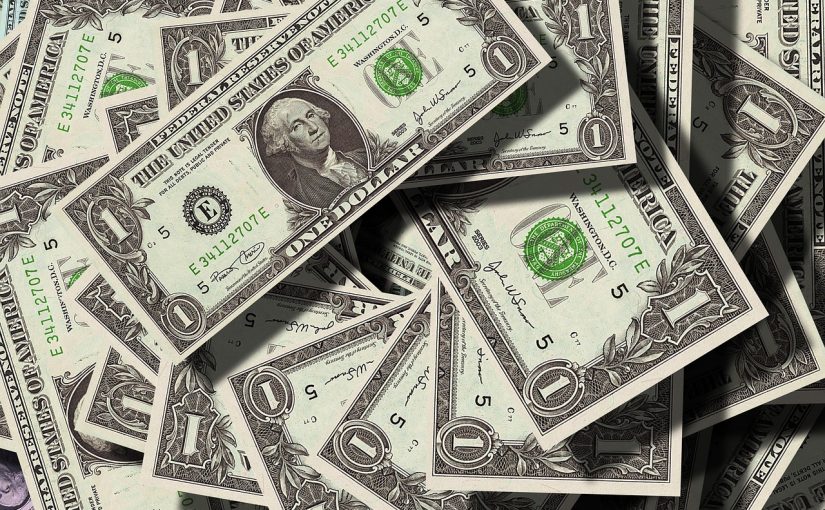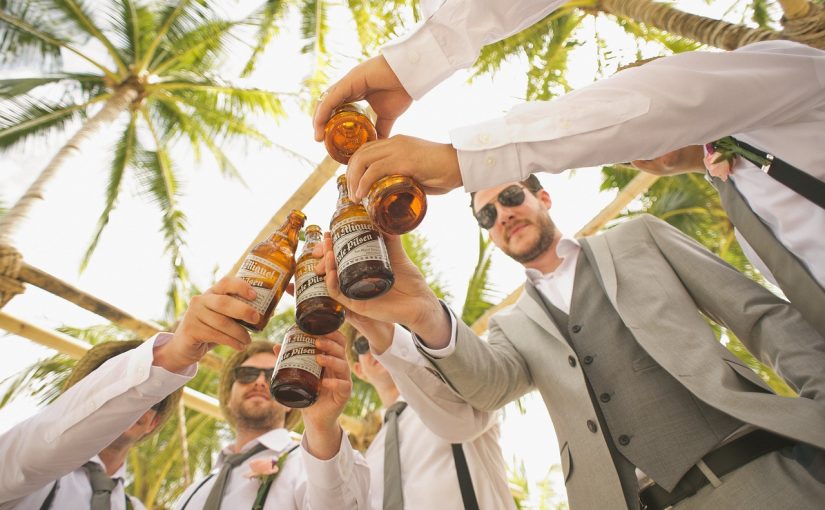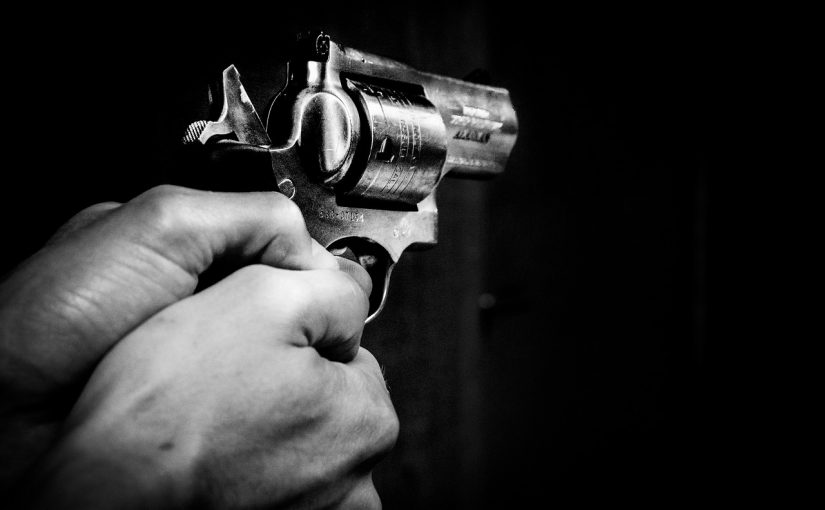Welcome to the Slangpedia entry on “money”!🤑💰💸
“Diving into the diverse vernacular surrounding wealth and currency? Whether you’re drafting a story, engaging in an informal chat, or simply expanding your word bank, it’s intriguing to understand the slang terms, words, and their meanings associated with “cash”, “bucks”, or “dough”. Without further ado, here’s our extensive guide to slang terms for ‘money’, accompanied by related phrases and expressions reflecting the world of finance and affluence:
Bread/Dough
- Meaning: Any amount of money, often regarding livelihood.
- Usage: “He’s bringing in the bread for his family.”
- Origin: Shortened form of “bread and honey”, Cockney rhyming slang for money.
Money Roll
- Meaning: Large sum of money or bills formed into a roll.
- Usage: “The lady pulled a bill from her money roll.”
- Origin: Refers to coin rolls used in banks.
Cabbage
- Meaning: Paper money.
- Usage: “Save some cabbage with this deal!”
- Origin: From the green color of American paper money.
Moola/Moolah
- Meaning: Money.
- Usage: “Dropped serious moola on that theater system.”
- Origin: Coined in the U.S around 1920; exact origin unknown.
Bucks
- Meaning: Dollars.
- Usage: “Last pay I got a couple thousand bucks!”
- Origin: Possibly refers to buckskins, once used as currency.
Cheese/Cheddar
- Meaning: Money.
- Usage: “Lost all my cheddar in Vegas!”
- Origin: Reference to cheese given as welfare benefits post-WWII.
Skrilla
- Meaning: Money.
- Usage: “Grabbing my skrilla for a drink.”
- Origin: Popularized by E-40 and later Kodak Black in 2015.
Racks
- Meaning: Multiples of thousands of dollars.
- Usage: “Need three racks for a car.”
- Origin: Originates from rap culture.
Stack
- Meaning: One thousand dollars.
- Usage: “Taking this stack to LA!”
- Origin: Rap culture.
Benjamins
- Meaning: U.S. one-hundred-dollar bill.
- Usage: “Savings in stacks of Benjamins.”
- Origin: Features Benjamin Franklin’s portrait.
Fivers/Tenners
- Meaning: Five-dollar or ten-dollar bills.
- Usage: “Lend me a tenner?”
- Origin: Cockney slang; “deep sea diver” rhymes with fiver.
Bones
- Meaning: Dollars.
- Usage: “That’s ten bones, sir.”
- Origin: Dates back to 1896; exact link unclear.
Ones
- Meaning: One-dollar notes.
- Usage: “Got all the ones for tonight.”
- Origin: Refers to one-dollar bills; specific origin unknown.
Coinage
- Meaning: Metal money or coins.
- Usage: “He pays back in coinage.”
- Origin: Unknown.
Loot
- Meaning: Money or valuables, often stolen.
- Usage: “Look at this loot from that house.”
- Origin: From “Lootics”, horsemen in India known for plundering.
Green
- Meaning: Money.
- Usage: “After this job, I’ll have lots of green.”
- Origin: Refers to the green color of U.S paper money.
Scratch
- Meaning: Money, especially cash.
- Usage: “Can’t lend you scratch now.”
- Origin: Idea of “scratching” together money to get by.
Wad
- Meaning: Roll of banknotes.
- Usage: “Pulled out a wad of cash.”
- Origin: Refers to a bundle of banknotes.
Greenbacks
- Meaning: U.S. dollars, especially paper money.
- Usage: “A wallet full of greenbacks.”
- Origin: Green ink used on U.S. bills during the Civil War.
Specie
- Meaning: Metal currency, like gold or silver coins.
- Usage: “Gold was used as specie in ancient times.”
- Origin: From Latin “species,” meaning “kind” or “type.”
Quid
- Meaning: British term for pounds sterling.
- Usage: “It cost me fifty quid.”
- Origin: Unknown, but has been used since the 1600s.
Clams
- Meaning: Dollars.
- Usage: “That’ll be 20 clams.”
- Origin: Possibly from Native American use of clamshells as currency.
Duckets
- Meaning: Money.
- Usage: “Save your duckets for the big sale.”
- Origin: Corruption of “ducats,” gold coins from medieval Europe.
Dead Presidents
- Meaning: Money, referring to U.S. bills with portraits of presidents.
- Usage: “It’s all about the dead presidents.”
- Origin: Refers to U.S. bills
That’s it for our list of slang phrases for “Money” We hope you’ve found this compilation enlightening. While the world of slang is ever-evolving, these terms have stood the test of time and are universally recognized. If you think we’ve missed any synonyms for “money”, do let us know in the comments below. Keep expanding your vocabulary!👍😊
Fascinated by Slang? Explore More!
Discover other captivating slang terms and their origins. Here are a few more gems for you:


